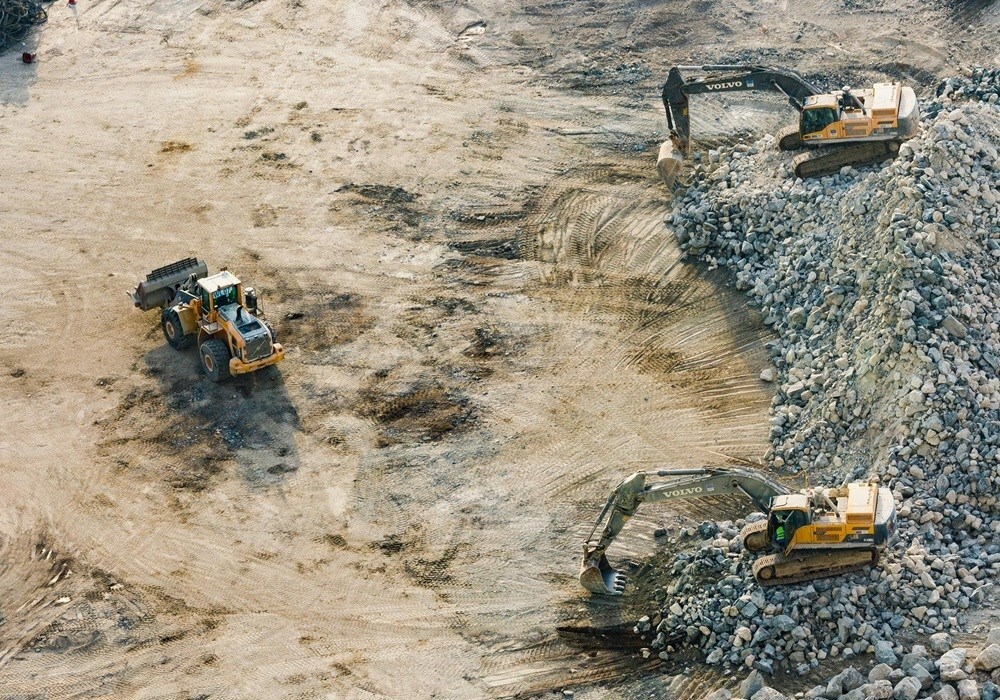您想继续阅读英文文章还
是切换到中文?
是切换到中文?

THINK ALUMINIUM THINK AL CIRCLE

India’s mining sector has intensified its pre-budget campaign, with the Federation of Indian Mineral Industries (FIMI) renewing its push for major policy corrections that it argues are essential to keep the aluminium value chain competitive.

FIMI calls for removal of 15 per cent Duty on low-grade bauxite
At the centre of the industry’s appeal is the demand to scrap the 15 per cent export duty on low-grade (non-plant grade) bauxite, a move FIMI believes will revive a once-thriving export segment.
Explore- Most accurate data to drive business decisions with 50+ reports across the value chain
FIMI stressed that low-grade bauxite in western India enjoys steady overseas demand, particularly from countries facing supply shortages. “Non-plant grade bauxite is accepted in certain countries on account of the paucity of bauxite and availability of technology,” FIMI said.
Exports tell the story. India shipped 8.91 million tonnes in 2015–16, but volumes crashed to just 0.359 million tonnes in 2024–25. FIMI argues that the duty has made exports unviable and eliminated India’s presence in a segment it once dominated.
Push to double import duty on aluminium to 15 per cent
FIMI also wants the government to double import duties on finished aluminium from 7.5 per cent to 15 per cent, citing aggressive imports from China, Russia, ASEAN countries and the Middle East, which all command large surplus capacities.
The federation claims that low-priced inflows depress domestic premiums, discourage investment and undermine India’s efforts to build a value-added aluminium ecosystem.
Industry executives note privately that global oversupply cycles are tightening margins across Asia.
Read More: Discovery Bauxite: Supplying water to hurricane-affected communities
Logistics: The silent cost pressure
Beyond duties, logistics has emerged as a major competitiveness challenge. FIMI warned that high rail freight rates for coal, coke, iron ore, aluminium and its raw materials are eroding industry economics. The body has asked for:
They argue that freight rationalisation is just as important as tariff protection, especially with domestic smelters facing rising energy costs and volatile global prices.
Don't miss out- Buyers are looking for your products on our B2B platform
Budget 2026 arrives at a time when India is positioning itself as a global hub for energy-transition metals. The mining industry believes that correcting duties and logistics costs now will determine whether Indian aluminium grows as an export-led sector or loses more ground to foreign producers.
Responses








